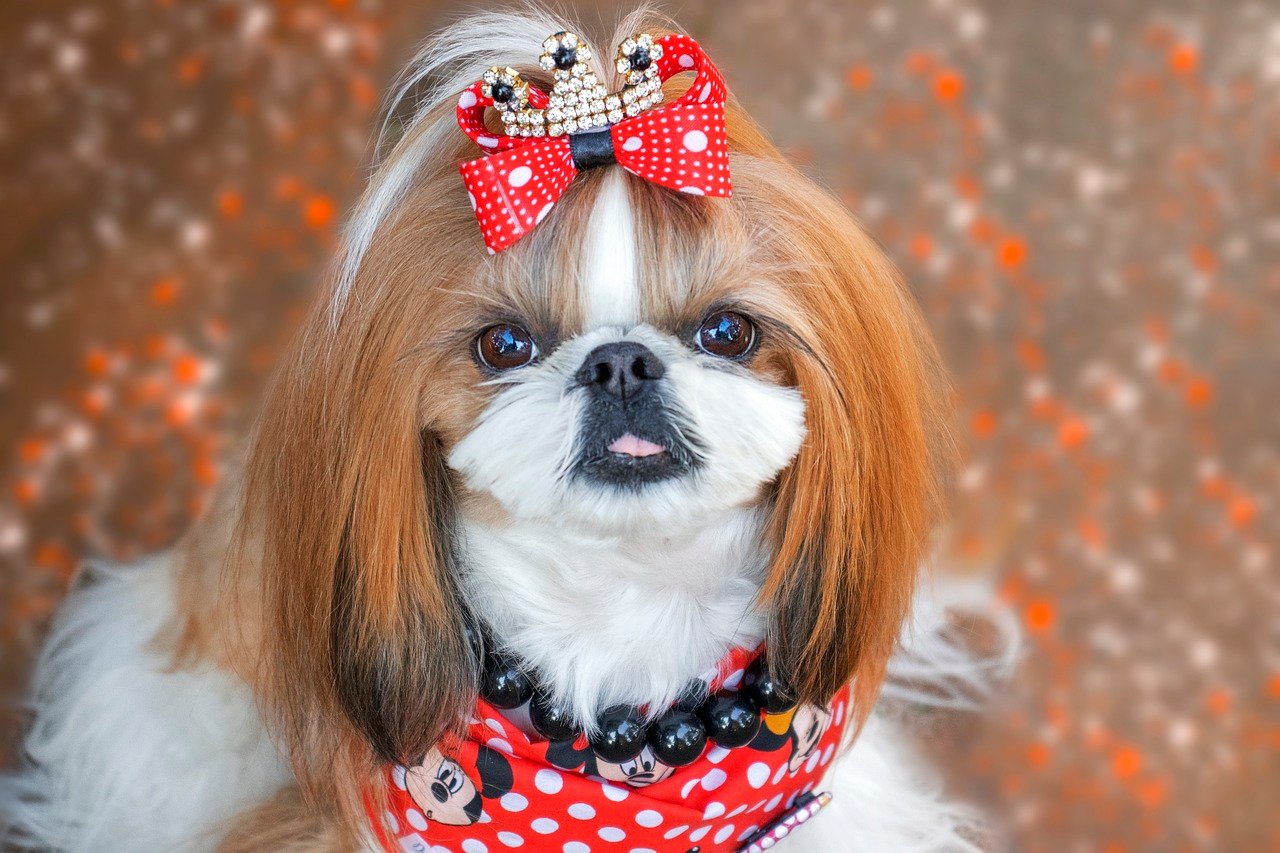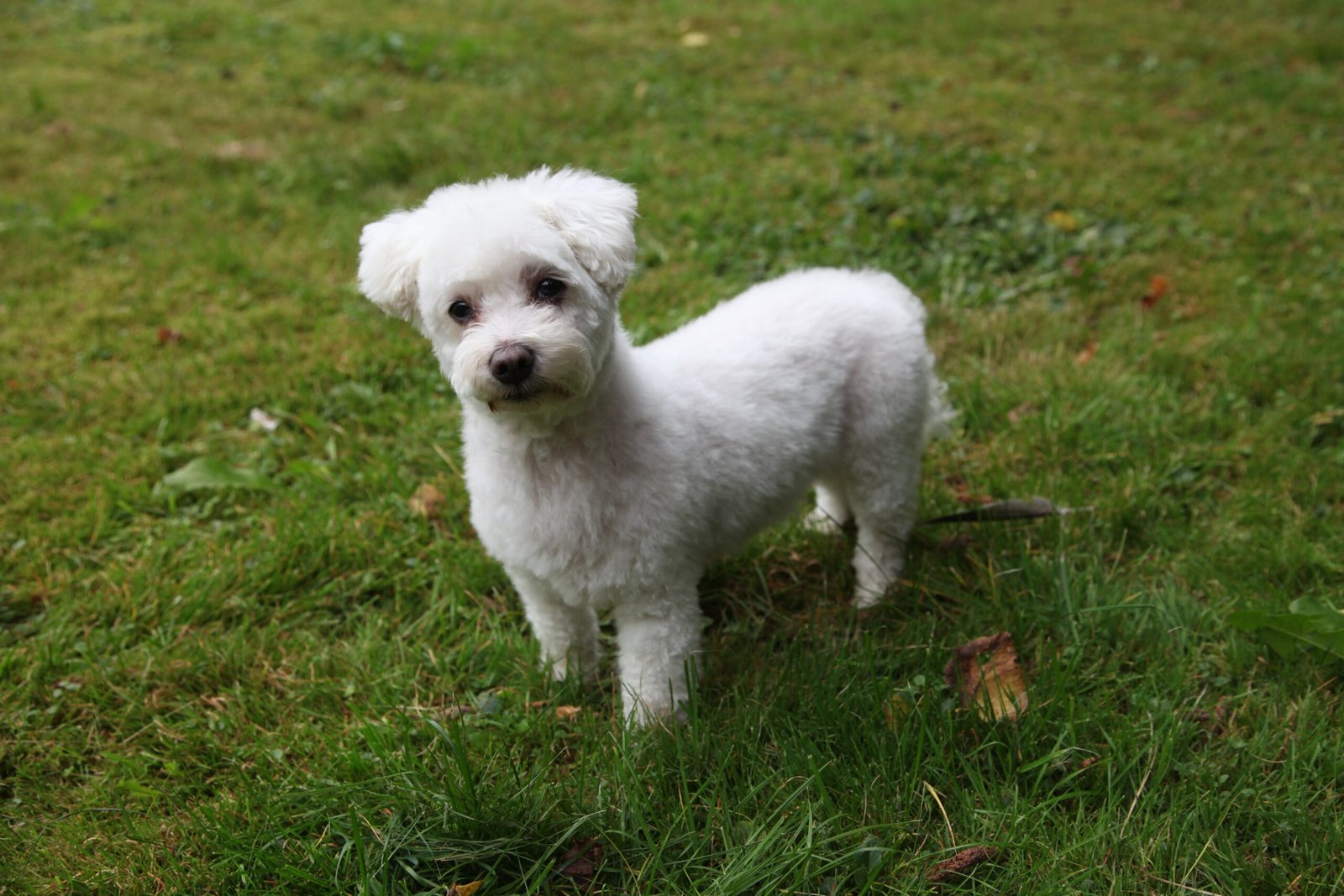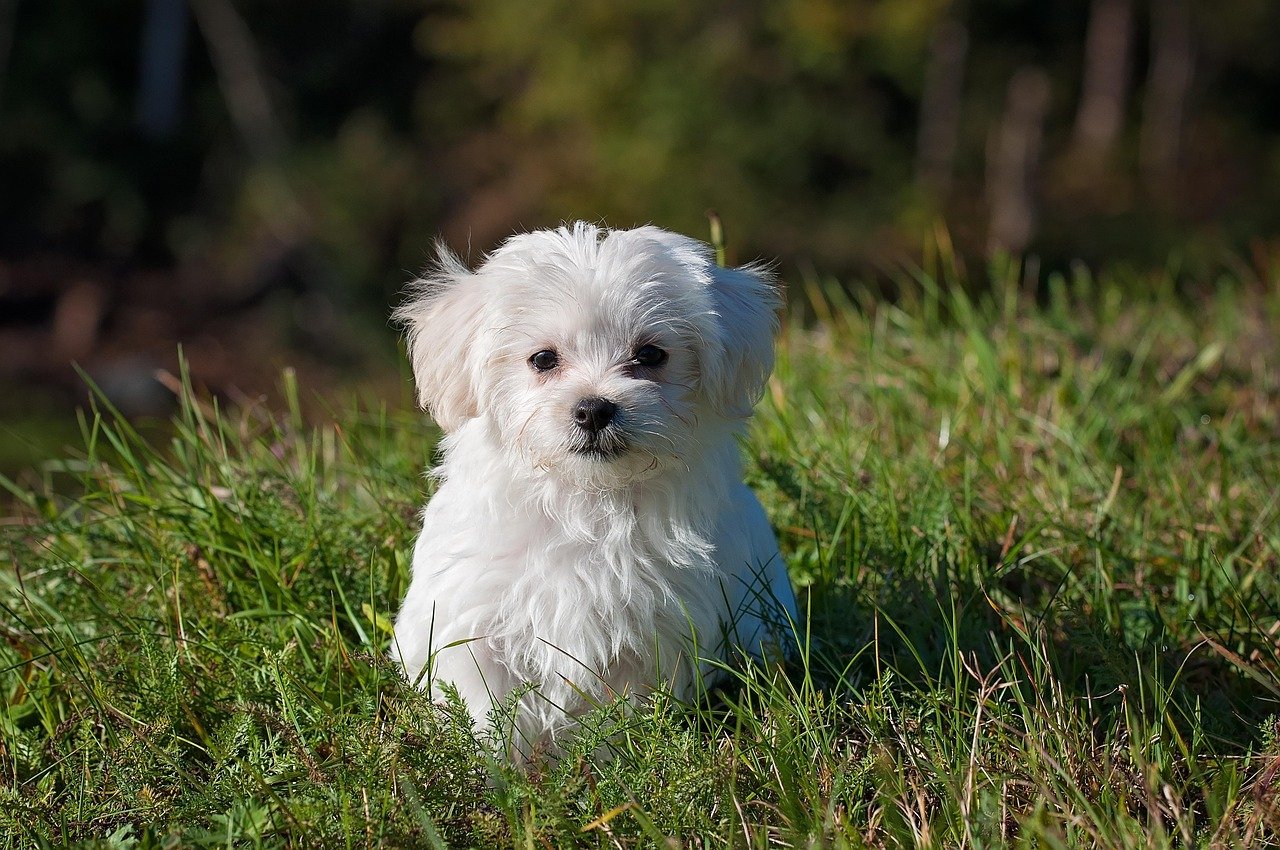Shih Tzus and Maltese may both be small, adorable lap dogs with luxurious coats, but when it comes to daily care, they’re not identical. Each breed has its own grooming needs, temperament, energy level, and health considerations that can make one easier to maintain than the other—depending on your lifestyle. Whether you’re a first-time pet owner or simply looking for a low-fuss companion, understanding the differences between these two popular toy breeds can help you decide which is the better fit for your home and routine. Let’s dive deep into the world of Shih Tzus and Malteses and discover which one might just steal your heart—and your couch.
Appearance and First Impressions
When you see a Shih Tzu or a Maltese, it’s easy to get swept up by their sheer cuteness. Both breeds are small and fluffy, but their looks carry subtle differences that dog lovers often notice right away. The Shih Tzu tends to have a rounder face, a short snout, and a distinctly regal presence thanks to its luxurious double coat. Meanwhile, the Maltese sports a more delicate frame and a single-layered, silky white coat that drapes elegantly from head to tail.
While both breeds can look like little clouds floating across your living room, their grooming needs are influenced by these differences. The Shih Tzu’s coat can come in a range of colors and patterns, making each dog unique, while the Maltese maintains its signature, pure white look. For families interested in appearances, understanding these differences is the first step in choosing a companion that fits your personal style.
Personality and Temperament

If you’re searching for a loving, loyal friend, both breeds have personalities that could melt even the coldest heart. Shih Tzus are known for their playful, friendly demeanor. They love being around people, thrive on attention, and are often described as little comedians with big personalities. There’s rarely a dull moment with a Shih Tzu in the house, as they’re quick to charm everyone they meet.
On the other hand, the Maltese is usually a bit more reserved with strangers, but deeply affectionate with their family members. They’re gentle, sensitive, and often seek out cuddles or a warm lap to curl up in. Maltese dogs can be more prone to separation anxiety compared to Shih Tzus, so they crave close companionship. While neither breed is aggressive, understanding their unique personalities can help you choose the pup that aligns with your household’s energy.
Coat Care and Grooming Requirements
Here’s where things get serious—both breeds have beautiful coats, but maintaining them is a whole different story. The Shih Tzu’s double coat is thick and grows quickly, which means daily brushing is essential to prevent tangles and mats. Many Shih Tzu owners opt for regular professional grooming, which can add up in cost and time.
The Maltese, with its single-layered, silky hair, also requires frequent brushing—usually every day—to keep that pristine, flowy look. Their white coat can easily pick up dirt and stains, especially around the face and paws, which means extra cleaning for owners. While both breeds are considered high-maintenance when it comes to grooming, some people find the Maltese’s coat easier to comb through, even though it needs to stay spotless to avoid discoloration.
Exercise and Energy Levels
Are you looking for a furry jogging partner or a snuggle buddy for movie nights? Shih Tzus and Malteses are both small breeds with moderate energy levels, but they express it differently. The Shih Tzu enjoys short bursts of play and can be quite lively indoors, but doesn’t require extensive walks. A few short, leisurely strolls and some playtime in the living room usually suffice.
The Maltese, while also content with indoor play, tends to be a bit more spirited and can surprise you with sudden zoomies around the house. They enjoy interactive games and can benefit from slightly longer walks to burn off their energy. Neither breed is suitable for intense outdoor adventures, but both need daily activity to stay healthy and happy. For busy owners, this moderate exercise requirement can be a big relief.
Feeding and Dietary Needs

Both the Shih Tzu and Maltese have small stomachs but big appetites for the right food. Shih Tzus can be a bit picky, sometimes turning their noses up at kibble if it doesn’t meet their standards. They are prone to weight gain, so portion control is crucial. Some owners opt for wet food or home-cooked meals to entice their Shih Tzu to eat.
Malteses, on the other hand, usually have sensitive digestive systems and can be prone to food allergies. Choosing the right diet—often grain-free or limited-ingredient formulas—can help avoid digestive upset. A consistent feeding schedule and high-quality, small-breed dog food are essential. Both breeds benefit from treats in moderation, especially during training, but too many snacks can quickly lead to extra pounds.
Health Issues and Longevity
Every dog lover wants their furry friend to live a long, healthy life. Shih Tzus generally have a lifespan of 10 to 16 years, while Malteses often live a bit longer, sometimes reaching 15 years or more. However, both breeds have their share of health concerns. Shih Tzus are prone to breathing problems due to their short snouts, as well as eye and dental issues. Regular vet check-ups and proper dental care are a must.
The Maltese, while generally healthy, can face challenges like luxating patellas (knee issues), dental disease, and tear staining. Because of their delicate size, they are also at risk of injury from rough play or accidental falls. Responsible breeding, regular veterinary visits, and a safe environment are key to keeping both breeds healthy and happy for many years.
Training and Intelligence

Training can be a joy or a challenge, depending on your approach and expectations. Shih Tzus are intelligent but can be stubborn, often displaying a mind of their own. They respond best to positive reinforcement and have a tendency to get bored with repetitive training methods. Short, fun sessions with plenty of praise work wonders.
Malteses are eager to please and tend to pick up commands quickly, but their sensitive nature means harsh training methods can cause anxiety or withdrawal. Consistency and patience go a long way with both breeds. Early socialization and training are essential, especially for the Maltese, to prevent shyness or nervousness around new people and situations.
Shedding and Allergies

If you’re worried about fur all over your furniture, you’ll be glad to know that both the Shih Tzu and Maltese are considered low-shedding breeds. The Shih Tzu’s hair grows continuously, much like human hair, and falls out less frequently than that of other breeds. However, loose hairs can become trapped in the undercoat, requiring regular brushing to remove.
The Maltese hardly sheds at all, making it a popular choice for allergy sufferers. Their silky coat doesn’t have an undercoat, which means less dander is released into the air. However, no dog is truly hypoallergenic, so sensitive individuals should spend time with the breed before making a decision. Regular grooming and cleaning can help minimize allergic reactions and keep your home fur-free.
Socialization and Living Environment

Both the Shih Tzu and Maltese adapt well to apartment living, but their social needs differ. The Shih Tzu is outgoing and generally gets along with children and other pets, making them a great choice for families or multi-pet households. They enjoy being the center of attention and often become little social butterflies at the dog park.
The Maltese, while friendly, can be more cautious around strangers and new animals. They thrive in quieter environments and may not appreciate roughhousing from young children. Early socialization is important to build their confidence and help them adapt to various situations. Whether you live in a bustling city or a quiet suburb, both breeds can adjust, but understanding their social preferences ensures a happier home.
Cost and Time Commitment
Owning any dog comes with its share of expenses and time commitments, but Shih Tzus and Malteses can be pricier than some might expect. Grooming costs are significant for both breeds, with many owners scheduling monthly professional appointments. Factor in quality food, routine veterinary care, toys, and accessories, and the bills can add up quickly.
Time-wise, both breeds require daily attention for grooming, exercise, and companionship. Neither breed does well left alone for long periods, so they’re best suited to owners who can spend quality time with them. For those with busy lifestyles, hiring a dog walker or pet sitter might be necessary. The investment pays off in unconditional love and endless cuddles, but it’s important to be realistic about the commitment involved.
Family Friendliness and Compatibility

If you have children or other pets, choosing a dog that fits your family dynamic is crucial. Shih Tzus are sturdy for their size and generally patient with children, making them a great fit for families. They’re playful but not overly rambunctious, so they can keep up with kids without getting overwhelmed. Supervision is still necessary, especially with very young children.
Malteses are more delicate and may be better suited to homes with older children or adults who understand how to handle small dogs gently. They crave affection and are often happiest as the sole focus of attention, although they can learn to coexist with other pets given proper introductions. Both breeds have the potential to become beloved family members with the right training and socialization.
Shih Tzus and Malteses both offer endless love and companionship, but each comes with unique challenges and joys. Choosing the easier breed to maintain depends on your lifestyle, preferences, and willingness to keep up with their grooming and social needs. Both breeds can thrive in loving homes where their unique personalities are celebrated and their needs met.





